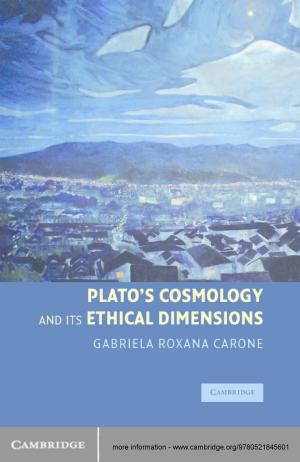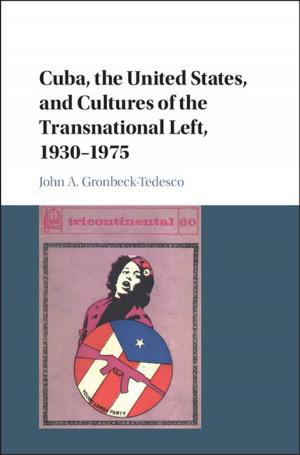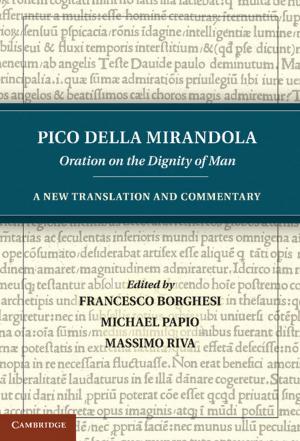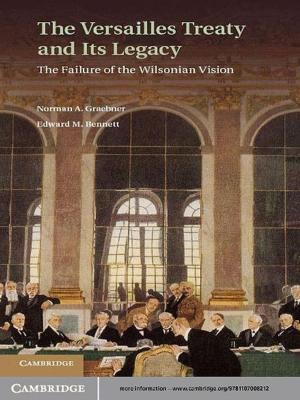| Author: | Sharon Krishek | ISBN: | 9780511847899 |
| Publisher: | Cambridge University Press | Publication: | July 23, 2009 |
| Imprint: | Cambridge University Press | Language: | English |
| Author: | Sharon Krishek |
| ISBN: | 9780511847899 |
| Publisher: | Cambridge University Press |
| Publication: | July 23, 2009 |
| Imprint: | Cambridge University Press |
| Language: | English |
Kierkegaard's writings are interspersed with remarkable stories of love, commonly understood as a literary device that illustrates the problematic nature of aesthetic and ethical forms of life, and the contrasting desirability of the life of faith. Sharon Krishek argues that for Kierkegaard the connection between love and faith is far from being merely illustrative. Rather, love and faith have a common structure, and are involved with one another in a way that makes it impossible to love well without faith. Remarkably, this applies to romantic love no less than to neighbourly love. Krishek's original and compelling interpretation of the Works of Love in the light of Kierkegaard's famous analysis of the paradoxicality of faith in Fear and Trembling shows that preferential love, and in particular romantic love, plays a much more important and positive role in his thinking than has usually been assumed.
Kierkegaard's writings are interspersed with remarkable stories of love, commonly understood as a literary device that illustrates the problematic nature of aesthetic and ethical forms of life, and the contrasting desirability of the life of faith. Sharon Krishek argues that for Kierkegaard the connection between love and faith is far from being merely illustrative. Rather, love and faith have a common structure, and are involved with one another in a way that makes it impossible to love well without faith. Remarkably, this applies to romantic love no less than to neighbourly love. Krishek's original and compelling interpretation of the Works of Love in the light of Kierkegaard's famous analysis of the paradoxicality of faith in Fear and Trembling shows that preferential love, and in particular romantic love, plays a much more important and positive role in his thinking than has usually been assumed.















